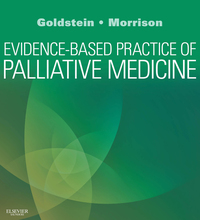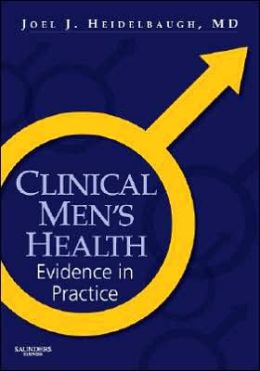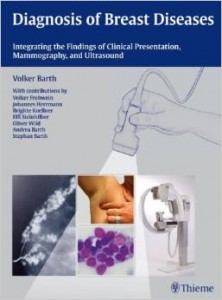-64%
Men’s Health: A Comprehensive Understanding
Introduction
The concept of men’s health has evolved significantly in recent years, recognizing the unique health challenges faced by the male population. This comprehensive understanding encompasses a multifaceted perspective, encompassing biological, psychological, and social factors that influence the health and well-being of men.
Biopsychosocial Approach
This approach considers the intricate interplay of biological, psychological, and social factors in shaping men’s health. Biological factors include genetic predispositions, hormonal influences, and physical conditions. Psychological factors encompass mental health, emotions, and coping mechanisms. Social factors involve cultural norms, societal expectations, and relationships. This holistic approach provides a comprehensive framework for understanding men’s health and addressing their specific needs.
Preventive Healthcare and Diagnostic Bias
Preventive healthcare plays a crucial role in maintaining men’s health. Regular physical examinations, screenings, and vaccinations help identify and prevent potential health issues. However, diagnostic bias can hinder timely and accurate diagnosis in men due to assumptions and stereotypes about male health. Addressing diagnostic bias requires increased awareness and sensitivity to the specific health concerns faced by men.
Gender Disparities and Health Seeking Behavior
Gender disparities in health outcomes are a global concern. Men often face greater risks for certain diseases and experience higher mortality rates compared to women. Factors contributing to these disparities include gendered social norms, poor health-seeking behaviors, and barriers to access healthcare. Understanding and addressing these disparities is essential for improving men’s health outcomes.
Health Concerns Throughout the Lifespan
Men’s health needs vary throughout their lifespan. During infancy and childhood, specific attention is given to the development of chronic conditions, growth and developmental milestones, and the establishment of healthy habits. Adolescence brings unique challenges related to sexual health, mental health, and substance use.
Adult Health and Chronic Conditions
In adulthood, men are at increased risk for a range of chronic conditions, including cardiovascular disease, cancer, and diabetes. The evidence-based approach employed in this text highlights the specific risk factors and evidence-based treatment strategies for these conditions.
Special Concerns for Adolescent and Adult Males
Adolescent and adult males face unique health concerns that require specialized attention. These include lifestyle risks, such as tobacco use, alcohol consumption, and unhealthy dietary habits. Mental health issues, including suicide and depression, are also prevalent in this population. Nutrition, stress management, exercise, and fitness play critical roles in maintaining the health and well-being of men.
Medical Care for Special Populations
Certain populations of men require tailored medical care to address their specific health needs. These populations include athletes, executives, prisoners, homosexuals, and transgendered men. Understanding the unique challenges faced by these groups is essential for providing effective healthcare.
Conclusion
Men’s health encompasses a wide range of health considerations that require a biopsychosocial approach. By addressing gender disparities, promoting preventive healthcare, and tailoring care to the specific needs of men throughout their lifespan, we can strive to improve the health and well-being of men worldwide.
maybe you like these too:
- Aging Men’s Health: A Case-Based Approach
- Evidence-Based Women’s Oral Health, An Issue of Dental Clinics (The Clinics: Dentistry) (Original PDF from Publisher)
- A Man’s Guide to a Nursing Career (Original PDF from Publisher)
- The Social Determinants of Health and Health Disparities (Original PDF from Publisher)










Reviews
Clear filtersThere are no reviews yet.